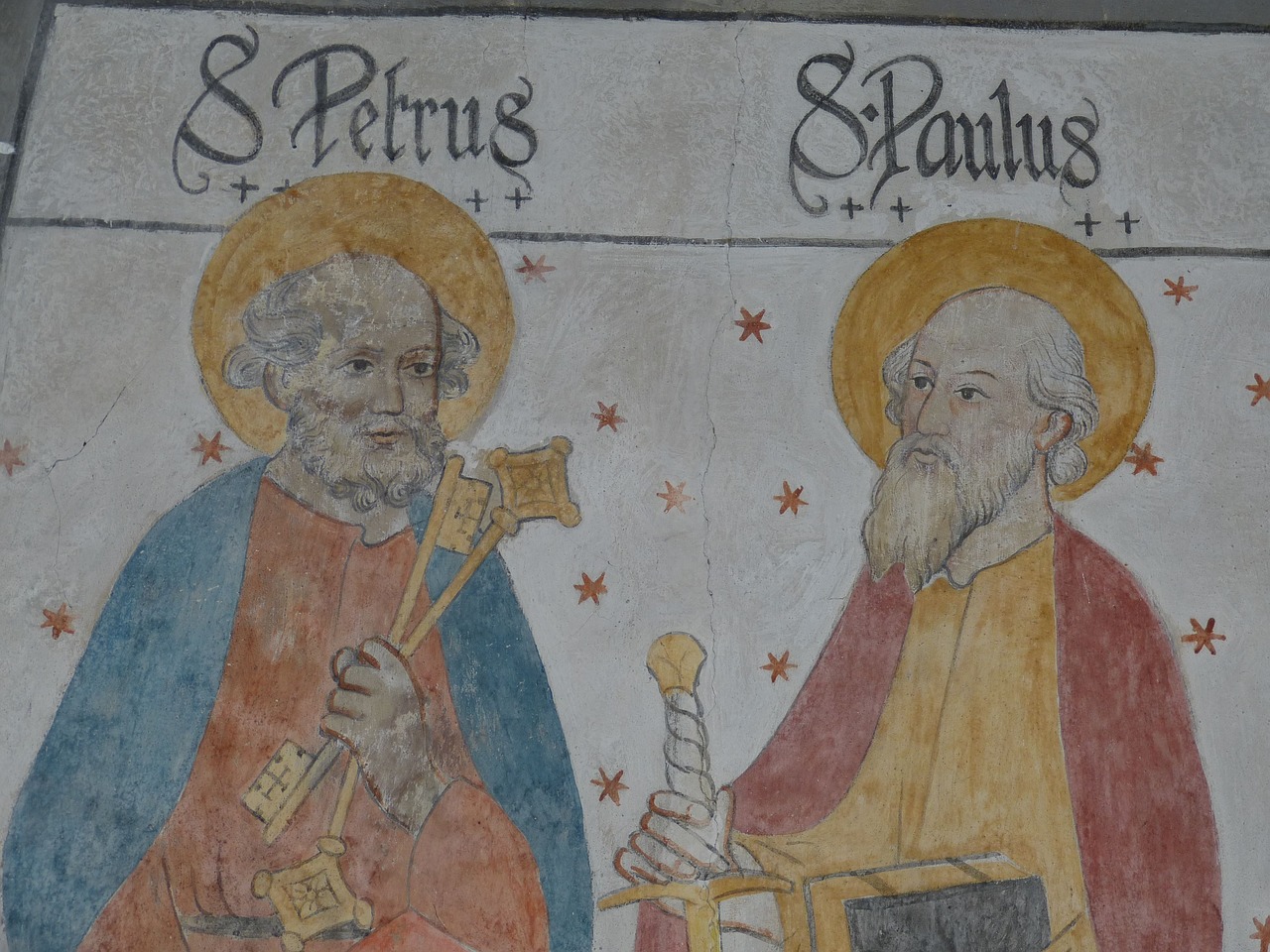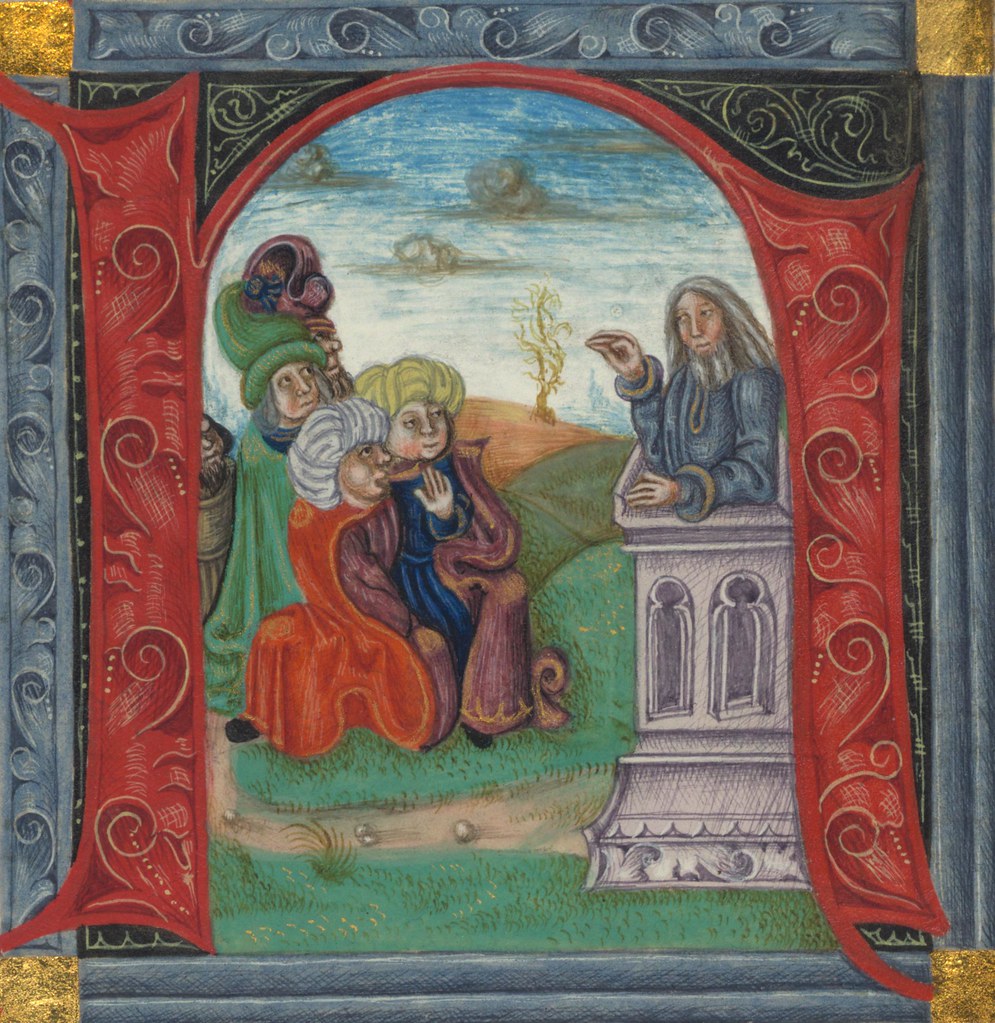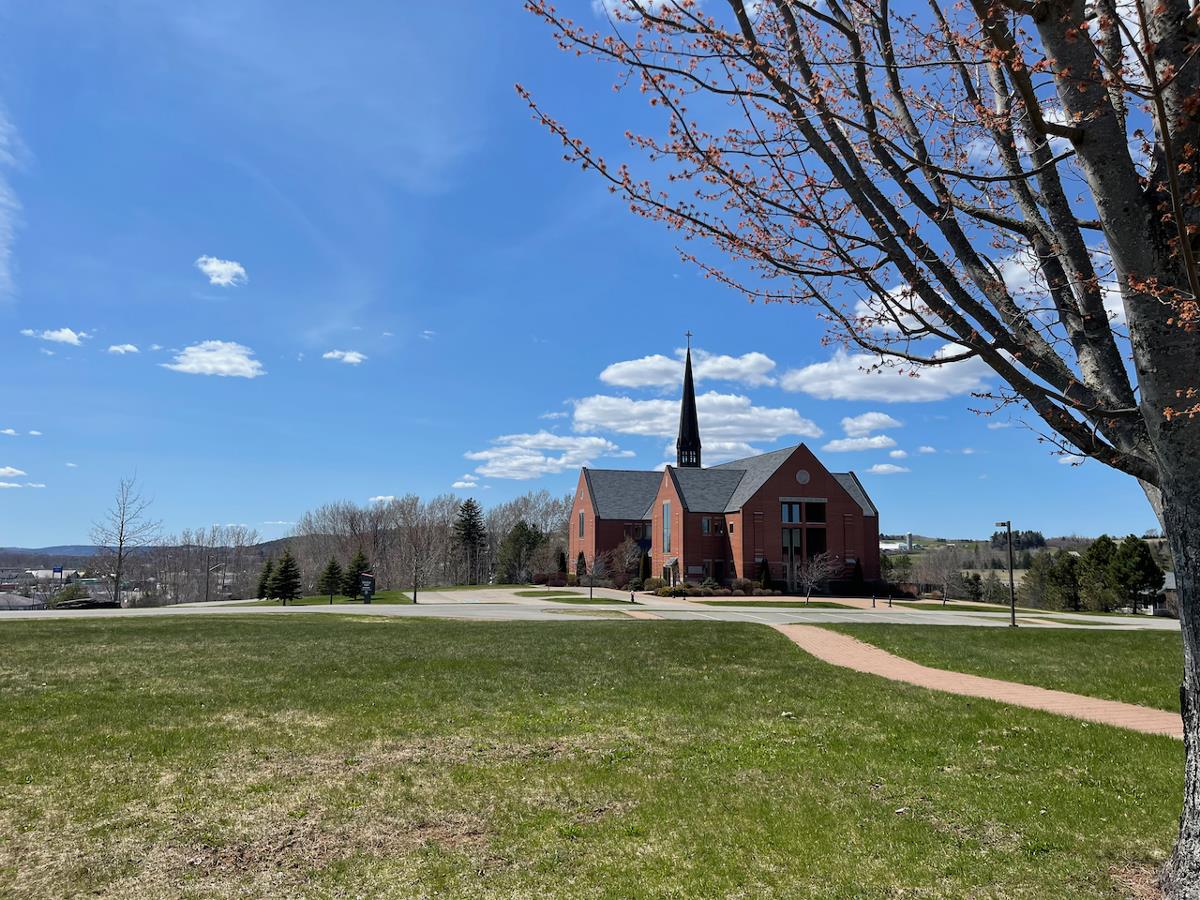
15 Courses

HI 551 Church History Term 2 2023-24
This course provides a survey of the history of the Christian church from its birth to the present day, in the context of world history. Attention is given to how the past impacts present and future ministry.

BT 510 Survey of the Bible Term 2 2023-24
This course is a comprehensive survey of the whole Bible, intended to meet the prerequisites for taking an upper level Bible course as a dual-enrolment requirement in the MAPT degree.

HI 303 Church History Term 2 2023-24
Church History provides a survey of the history of the Christian Church from its birth to the present day in the context of world history. Our focus in this course will be to trace ways that Christianity has both confronted and adopted the prevailing culture as followers of Christ have sought to be “in but not of the world." Attention is given to how the past impacts present and future ministry.

NT 206 Acts and Romans Term 2 2023-24
This course is a critical and exegetical study of Acts and Romans. The course will address
background issues and proper methodology for the understanding of Acts and Romans, but
also focus will be on an in-depth study of Pauline theological explanations developed throughout
both documents.

NT 413 I and II Corinthians Term 2 2023-24
This course is a critical study of the background, content, and specific theological themes of I & II Corinthians. Attention is given to background issues, critical issues, and other elements that contribute to understanding the letters to the Corinthians. The issue of unity and its relationship to Paul’s teaching in these letters receives intentional attention, especially as it relates to leadership in the 21st century Christian church.

TH 503 A Theology of the Church Term 2 2023-24
A Theology of the Church includes an overview of the various biblical images of the church, which in turn necessitates an understanding of historical and theological developments and adaptations of these biblical images. The course includes exercises where the student will critically reflect upon life in the church as he or she currently experiences it in light of these biblical, historical and theological values. The goal is for the student, as a ministry leader, to become a facilitator of a biblically informed, culturally relevant, spiritually growing, reproducing, missional congregation.

PM 506 Capstone Project Term 2 2023-24
A major objective of this degree is to provide a special emphasis on integrating scripture and biblical theology with pastoral leadership, worship, evangelism and discipleship, a deeper understanding of the church, and spiritual formation. Class work in each of the specific MA courses will include the opportunity to design assignments around some ministry need or theme each student will choose.
In order to further facilitate the program objectives, the final course in the MAPT program is a Capstone Project in which students will revise, compile and/or create a set of ministry resources oriented around a particular need or theme they had earlier identified at the beginning of (or during) the program. This project will involve the processing, assimilation, and compilation of principles, insights and methodologies gleaned from the integration of class work and ministry involvement in the core curriculum of the degree. The completion of this project will be your final “class.”

PS 305 Developmental Psychology Term 2 2023-24
This course discusses major theoretical concepts and evidence-based insights pertaining to lifespan development. It focuses on key perspectives related to foundational theories and methods, and considers various aspects of individual growth from prenatal development to adulthood. Emphasis is placed on factors that impede and foster healthy development and adjustment in children, adolescents, and young adults.

CEX 4011 Church Leadership and Management GLR Nov/Dec 2023-24
This course will introduce the student to basic principles of church leadership, church management, and parliamentary law. Through reading, observation, and reflection, the student will be prepared spiritually and practically to provide leadership in a local church.

BTX 2031 Inductive Bible Study GLR Nov/Dec 2023-24
This course is an introduction to hermeneutics, the art of biblical interpretation, through the study of the principles of induction, the development of skills, and the use of various reference tools which are applied to specific books of the Bible.

NTX 1011 New Testament Introduction GLR Nov/Dec 2023-24
This course will enable the student to gain a clearer understanding of the New Testament as a whole, as well as its parts. Students will gain factual knowledge that can be passed along so that all can better know the Jesus of the New Testament and share His good news with others. The student will gain knowledge about the structure, content, historical, cultural, geographical, and literary characteristics of the New Testament as a whole and each of the individual books. The student will also explore his or her own use of Scripture as a tool for personal and corporate discipleship.

THX 4011 Doctrine of Holiness Term 2 2023-24
This course will provide the student with a better intellectual understanding of the Wesleyan doctrine of holiness, for their own benefit and for those they minister among. It is the hope that, as students gain in understanding, God will continue to work in them, drawer them closer and equipping them for more powerful service.

CEX 4011 Church Leadership and Management Term 2 2023-24
This course will introduce the student to basic principles of church leadership, church management, and parliamentary law. Through reading, observation, and reflection, the student will be prepared spiritually and practically to provide leadership in a local church.

HIX 3011 General Church History Term 2 2023-24
This is a general survey of the Christian church from the New Testament to the present. The course deals with important persons, movements, and doctrinal developments throughout history as the church both confronted and adopted prevailing culture. Attention is given to how the events of the past served to shape the ministry of the church today.
